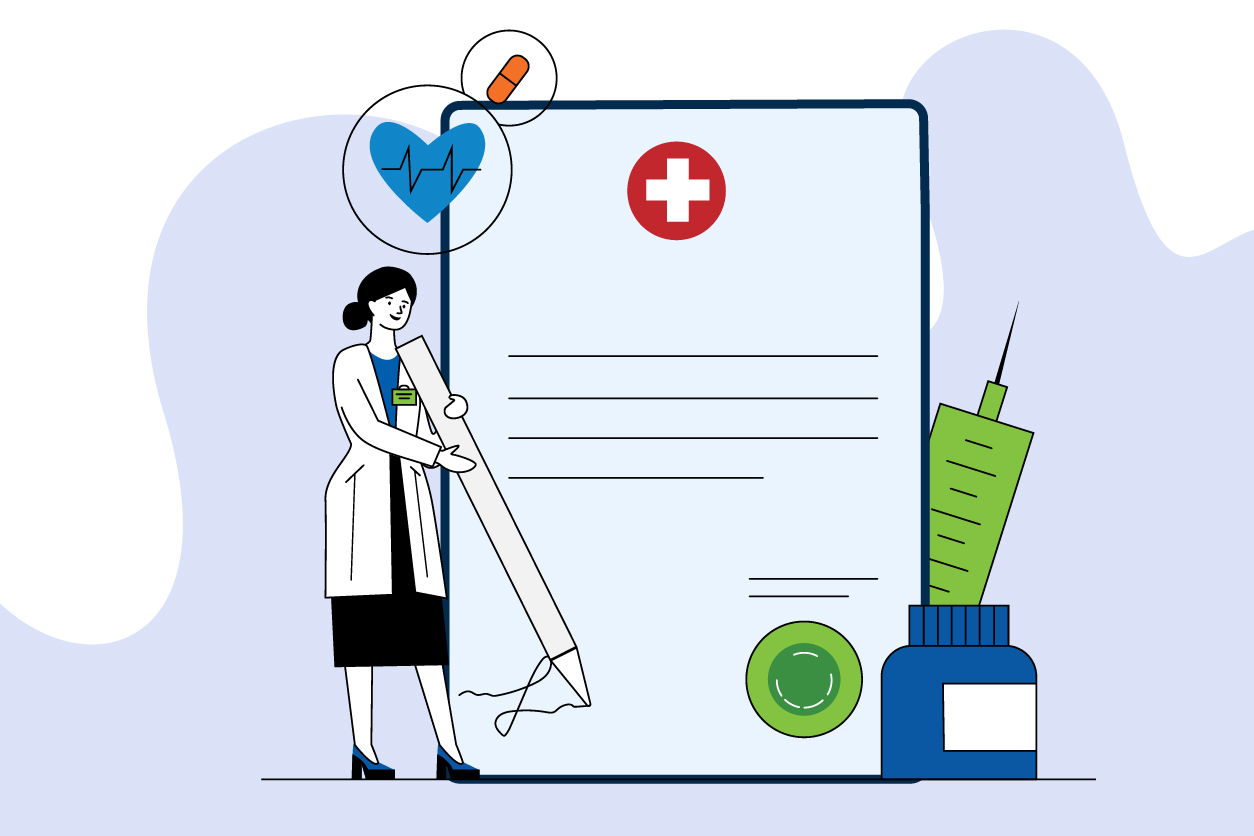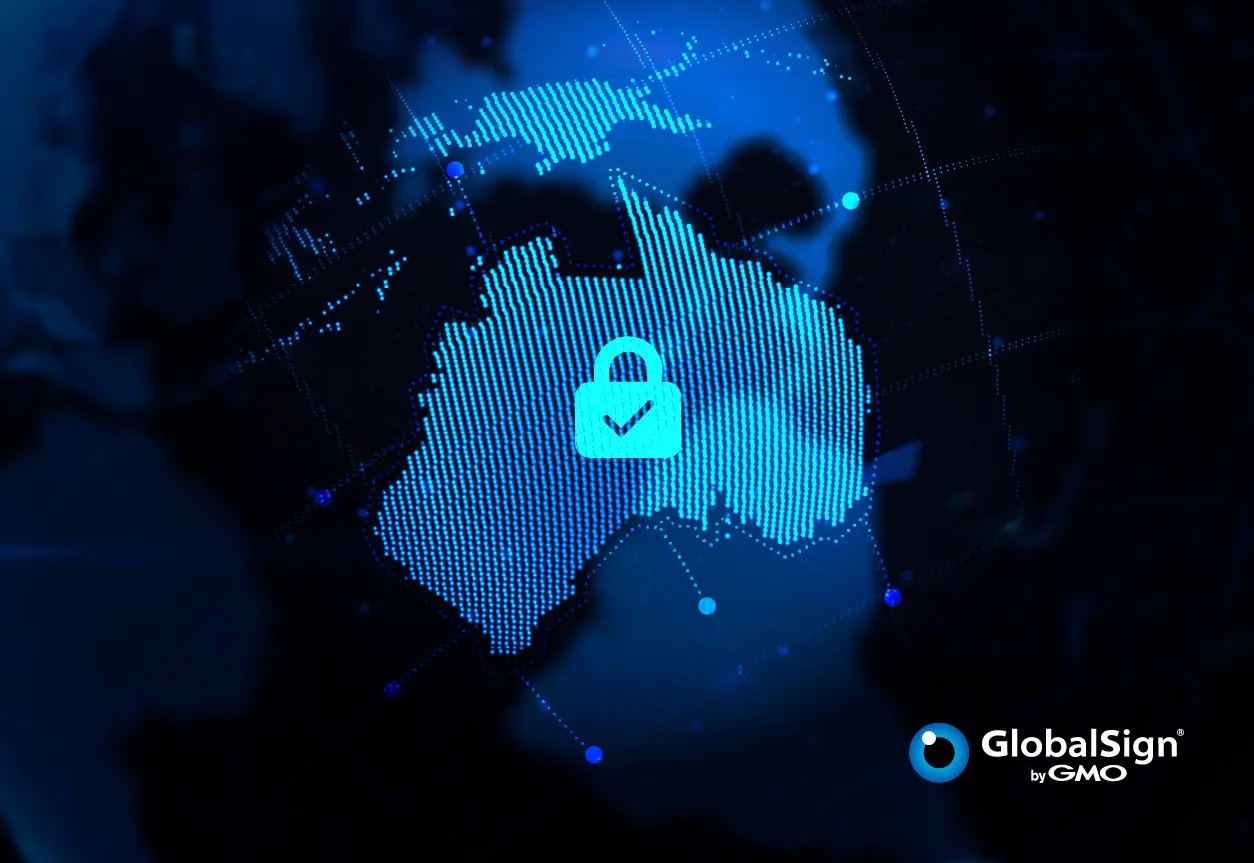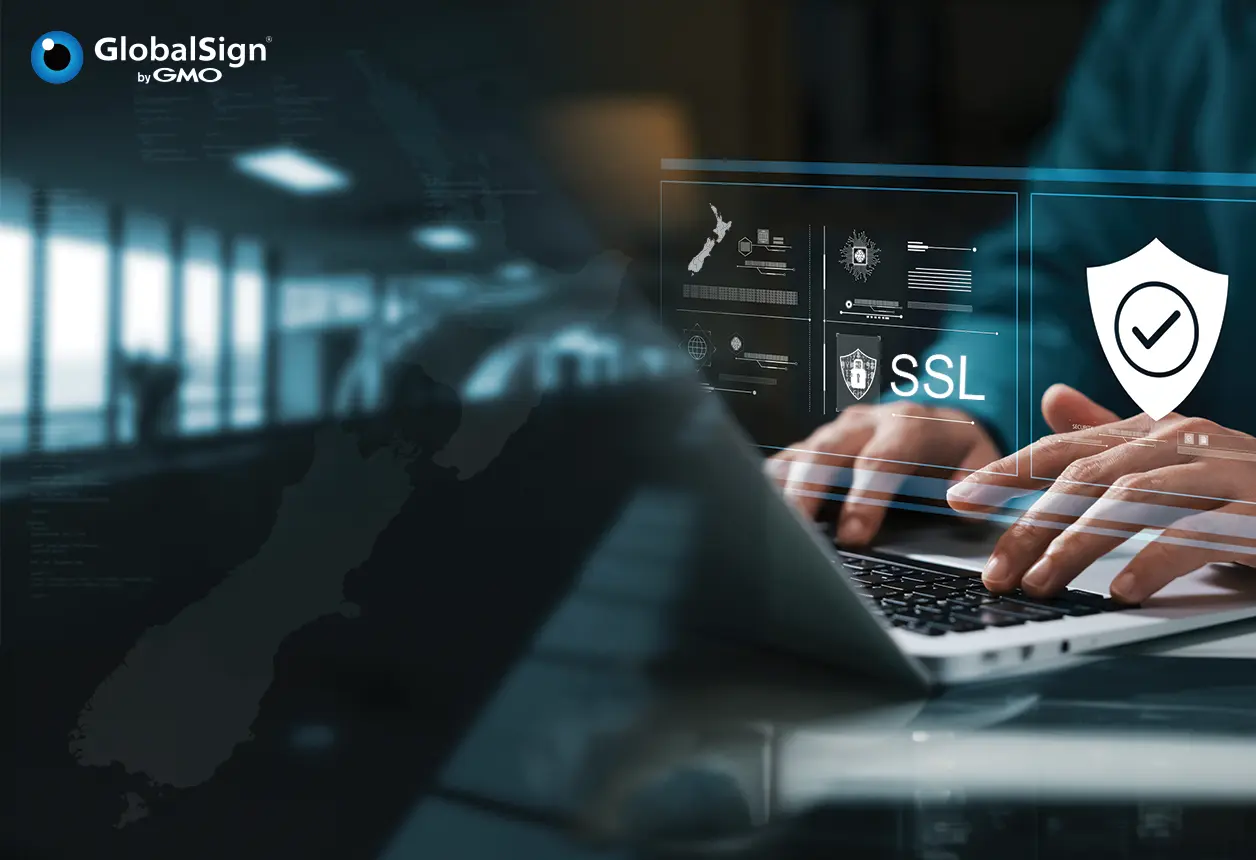As the healthcare industry keeps up with the various innovations that happen at breakneck speeds, there is a chance that privacy and security become an afterthought. While increasing the efficiency of processes to increase the number of patients treated is very important, privacy must not be forgotten, especially since the failure to maintain patient privacy can have serious repercussions for the organization.
Nowadays, digital signatures are being adopted at a fast pace that it is not hard to imagine that in the future, traditional ink-on-paper signatures become outdated the way card catalogs did in the early 2000s. But one thing that keeps some healthcare industries from adopting these technologies are the misconceptions that surround them.
Let us discuss the common misconceptions regarding the adoption of digital signatures in the healthcare industry:
1. Digital Signatures are not legally admissible
"Is digital signature legally binding?" This is a common question asked by people working in healthcare industries that are considering a digital signing workflow. The short answer is yes. For the healthcare industry’s confidential documents, integrating digital signatures from a trusted Certificate Authority (CA) completes the requirements for the legal recognition of digital signatures.
At GlobalSign, we provide Digital Signing Service (DSS) that is legally admissible and industry compliant. Our digital signatures are recognized by HIPAA, eIDAS, E-SIGN, and other industry-leading compliances. Our DSS meets the requirements of many national and industry-specific regulations regarding the legal acceptance of electronic signatures. In compliance with these acts, the healthcare industry may use our digital signatures and accept all forms of valid e-signatures in place of wet-ink signatures.
2. Digital Signatures are expensive
Another misconception when it comes to digital signatures is the cost. Some industries think that they would be saving more money by using paper signatures than by switching to digital signatures.
But think about the cost of the following:
- Paper
- Printing supplies
- Storage supplies and space
- Delivery
Now, consider the following:
- The average cost of filing a single document is 20 USD.
- An average company spends around 400,000 USD per year on paper supplies and printers.
- Each misfiled document costs 125 USD in lost productivity.
- The annual cost of filing, storing, and recovering paper was estimated to be between 25 billion USD and 35 billion USD.
Long-term, paper signing costs more than just paper, but time wasted on maintenance, lost documents, and deployment.
With GlobalSign's, you can create digital signatures without worrying about paper, printing, and delivery costs. We offer packages for enterprises and the healthcare industry to provide you with a secure, cloud-based document signing solution that you can use with the world’s leading digital signing services. Organizations can digitally sign their documents for as low as 1.07 SGD per signature, or 1074 SGD for 1,000 signatures per vetted profile per year. And the greater the signature volume you need, the cheaper the cost of the digital signature. Price comparison between the two shows that the cost of digital signatures is only a fraction of the cost of paper-based signing every year.
3. Adopting Digital Signatures is a hassle
People who have never used digital signatures before might think that they require a lot of effort to use and adopt. In reality, digital signatures offer the most efficient way to sign documents to date. They enable healthcare industries to overcome document signing obstacles such as having to print multiple paper forms and distributing them manually. Digital signatures enable documents to be signed within minutes vs. days. Using digital signatures is easy to learn for first-time users or those who have no idea how to digitally sign a document.
Aside from that, our digital signatures are easy to deploy. You would only need a digital certificate and a signing application. It’s really as simple as that! Documents no longer have to manually be sent over, which can take days and are prone to delays. Our digital signatures have flexible integration options that make it easy for users to build digital seals quickly and securely into existing software and services. Our digital signatures are a perfect fit for leading digital signing software and services. Learn more about that in this blog.
For healthcare industries who want to speed up document signing, digital signatures offer a solution that is legally admissible, affordable, and easy to use. Digital signatures aid in securing healthcare-based documents and forms. They present a strong use for increasing security protection, integrity, privacy preservation, and trust.






